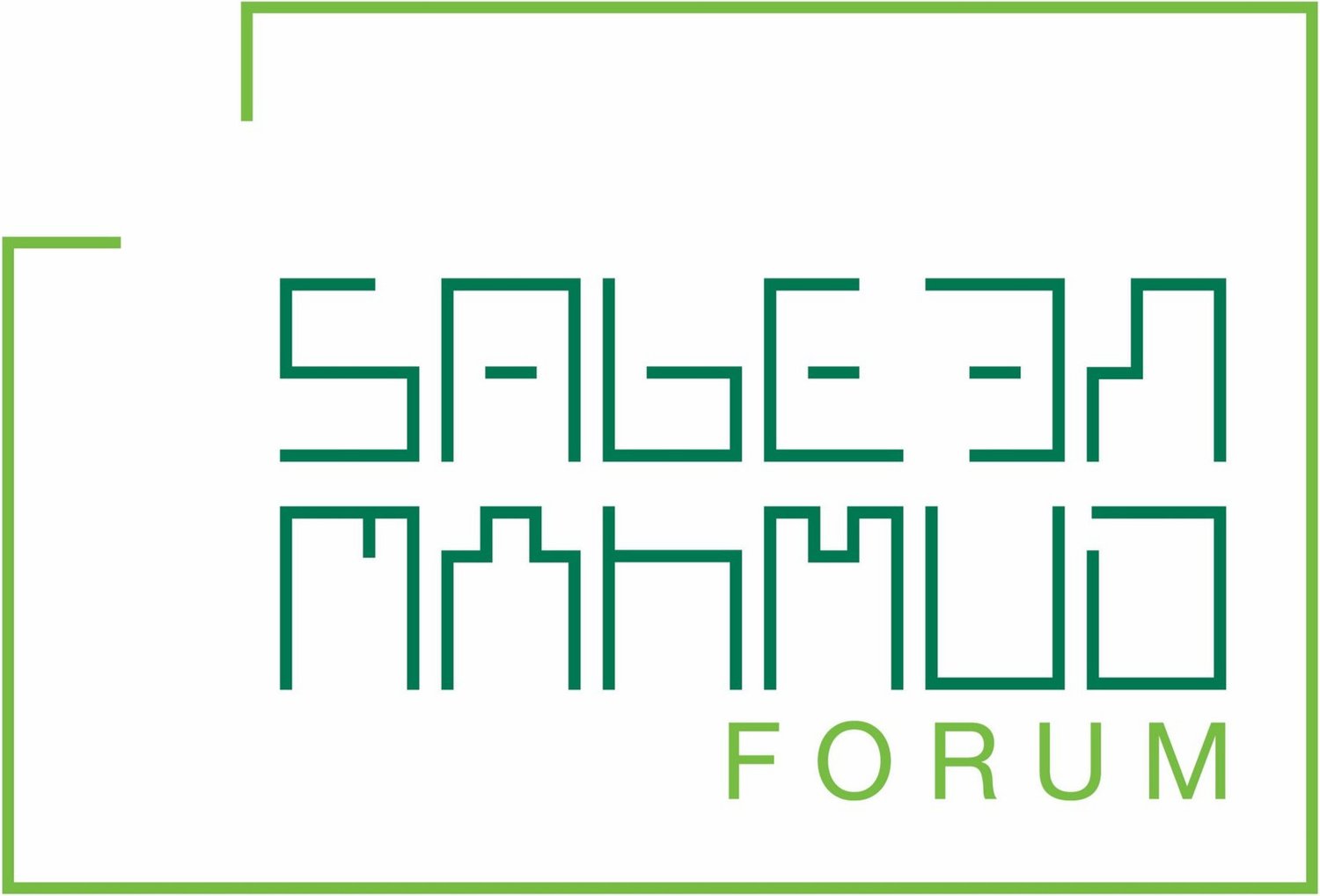The Empathy Project
In a culture that encourages a “let’s-not-talk-about-this” attitude, young people often don’t know who to go to when they are facing a problem. Most parents and teachers are not equipped to support students in middle school the way they need to be supported. The Empathy Project aimed to help teachers provide a ‘safe space’ for young people to share and explore their issues.
This pilot project also aimed to help teachers recognise their own personal emotions and biases. It did not intend to train them to become counsellors but to “see” children beyond their marks and grades and acknowledge them for who they are, and to recognise that any “negative” behaviour or attitudes usually mask the child’s confusion and anxiety.
Through a combination of lectures, class discussions, experiential exercises and case studies spread over a few days, the Empathy Project workshop aimed to train teachers from a few private schools to listen objectively and compassionately, counsel and help their students set goals, express their emotions in a socially acceptable manner and with confidence, and help them to take ownership of their choices and remain resilient in the face of challenges. An integral part of this Project was to measure the effectiveness of such a workshop so that similar workshops could be conducted across the board with public and private sector schools.
Sabeen’s Empathy Project
Growing Safe Spaces for Children and Young People
A workshop was conducted by Natasha Jafri with teachers from four schools from February 18 – 20, 2020. The schools were: BVS Parsi High School, Froebel Education Centre, Haque Academy and PECHS Girls’ School.
The objective of the workshop was to introduce teachers to the Awareness, Skills and Knowledge (ASK) model to enhance existing skills for supporting Mental Healthiness and Emotional Resilience in Children and Young People (CYP). The workshop also introduced some of the basic theoretical concepts and practical ideas to help teachers to begin developing their own ASK model to recognise issues, to respond appropriately and when necessary refer to other professionals if serious issues persist.
The workshop received positive feedback and was successful in that the teachers were highly motivated in implementing the ASK model in their respective classrooms. A follow up workshop was to be held on April 1st and subsequent, regular feedback sessions had also been scheduled. However, owing to the extended Pandemic, these workshops could not be held in person. A couple of virtual check-in sessions were conducted on Zoom.
In addition to training the teachers, the Empathy Project aimed to measure the impact and effectiveness of the ASK model in classrooms. A research project was conducted by Abrar Ahmed, an undergraduate student at IBA, as his final year thesis under the supervision of Dr Gulnaz Anjum, head of the Psychology Department at IBA. Abrar designed and collected the pre-intervention data, observed one lesson of each teacher from the participating schools, and also attended the Initial Support Skills Training workshop.
Post-intervention data could not be collected in schools because of the Covid-19 lockdown. He created an online version of the surveys through Google forms that the teachers completed. His research report Empathy Interventions in Schools: Effects of Incorporating Empathy in Teaching Practices is available here.
SMF would like to acknowledge our promoter, Faiza Mushtaq at IBA, for facilitating this research project for SMF (proposed).
The Workshop Leader
Natasha Jafri received her diploma in Clinical and Pastoral Counselling from the Institute of Counselling in 2011 and has worked therapeutically with adults and children, in a variety of settings. She is also a qualified teacher (1990 - Smith College, USA) and social worker (2017 - Royal Holloway, University of London, UK) and has worked in schools and child protection services in the UK. Prior to this, Natasha was a consultant for in service teacher training and social development projects in Pakistan.


